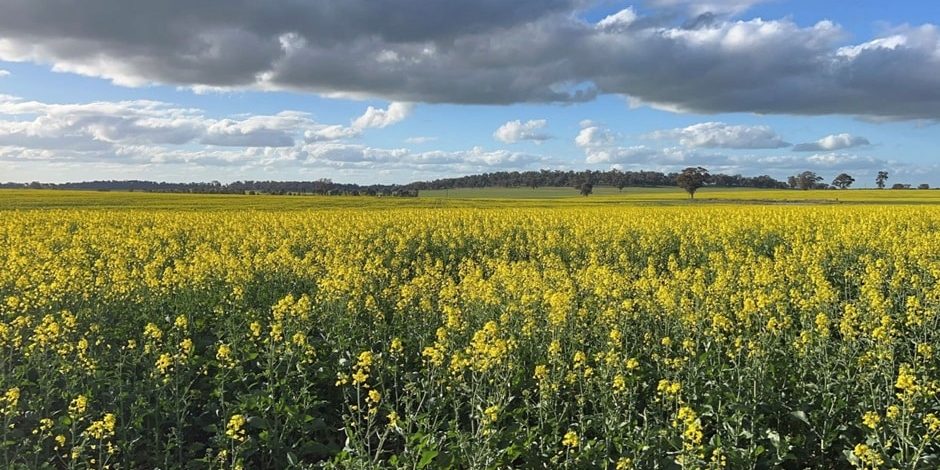A word from the SAF (June 2024) The agricultural industry plays a vital role in feeding the world, but it also contributes significantly to greenhouse gas (GHG) emissions. As Climate Change becomes an increasingly pressing concern, farmers are finding themselves at a crossroad. This challenge presents an opportunity to innovate and transform our farming practices for a more sustainable future.
Why is it Important to Reduce Emissions on Farms?
Agriculture accounts for a substantial portion of global GHG emissions, including methane from livestock and nitrous oxide from fertilizers. These emissions contribute to climate change, leading to increased extreme weather events (droughts), sporadic but more intense rainfall, and disruptions to usual seasons.
Reducing emissions on farms is imperative to the environment, but also a matter of economic resilience on-farm. As consumers become more climate-aware and increasingly demand sustainable products, farmers who adopt sustainable practices can gain a competitive edge though market access. Farmers that improve their farming technologies and practices towards being more sustainable can led to a more self-sufficient and profitable enterprise in the future.
How Can Farmers Reduce Emissions?
There are a variety of strategies farmers can implement to reduce emissions on-farm:
- Soil Health: Improving soil health helps build soil organic carbon through practices like cover cropping, reduced tillage, and crop rotation and can sequester carbon dioxide from the atmosphere. Healthy soils also retain more water and nutrients, leading to increased yields and reduced fertiliser needs.
- Livestock Management: Optimising herd management, genetic selection & breeding for low-methane animals, and implementing dietary changes can significantly reduce methane emissions from livestock. Innovative technologies like methane inhibitors and wearable devices are also emerging as promising solutions.
- Fertiliser Management: Applying fertilisers at the right time, rate, and place can minimise nitrogen losses and reduce nitrous oxide emissions. Precision agriculture technologies can help optimise fertiliser application, leading to both environmental and economic benefits.
- Renewable Energy: Farmers can embrace renewable energy sources like solar and wind power to reduce their reliance on fossil fuels and lower their carbon footprint. This reduces emissions whilst also lowing energy costs.
- Carbon Farming: Participating in carbon farming initiatives, such as the Australian Carbon Credit Unit (ACCU) scheme, can provide farmers with financial incentives to adopt carbon-sequestering practices and create a new revenue stream.
Government and Industry Support
The Australian Government and various industry organisations are actively supporting farmers in their transition to low-emissions agriculture. Programs like the Climate Active certification and the Powering Australia Plan provide resources and incentives to help farmers reduce their environmental impact.
A Shared Responsibility
Reducing emissions on farm is a shared responsibility. Consumers can play their part by choosing sustainable products, which in hand supports farmers who prioritise environmental stewardship. By working together, we can create a more sustainable and resilient agricultural sector that benefits both the environment and our communities.
The time to act is now. Embracing innovation and adopting sustainable practices, farmers can reduce their emissions but also thrive in a changing climate. Let’s build a brighter future for agriculture, one that nourishes both the land and the people who depend on it.







